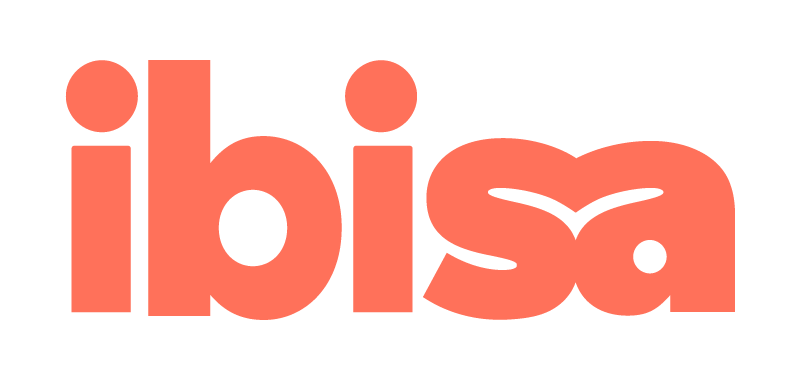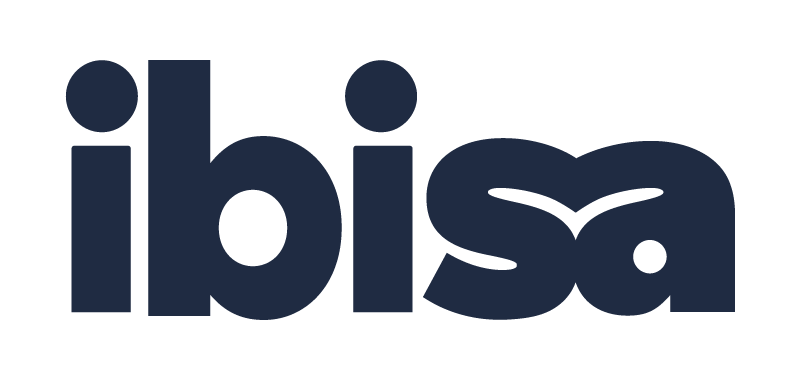Introduction to the current situation of the Hydrocarbons sector in Colombia

Colombia is one of the countries with the highest demand for crude oil production, one of the great challenges that the hydrocarbon sector is facing is the increase in exploration and exploitation of conventional deposits.
On the other hand, the oil industry must be more competitive in the implementation of new technologies in the development of hydrocarbon production. Understanding that, by having an effective solution in the industrial processes that make up the hydrocarbon chain of all related activities such as; seismic exploration, drilling exploration, production, refining and transportation. Industry 4.0 will have a place in the exercise of this activity.
This industrial process is made up of the regulation and administration of these activities. Which are mainly:
- Upstream: which is made up of activities related to the area of exploration and production.
- Downstream: which carries out transportation, refining and marketing activities.
The digital transformation that oil producers must implement throughout the hydrocarbon chain is essential and goes one step further, towards what we know as the industrial revolution 4.0 in the implementation of new technologies such as Iot, Big Data, Analytics, Workflows.
Ibisa as a digital solution in the Hydrocarbons sector
Understanding the great challenges facing the oil and gas production industry, Ibisa is a solution, since it is a set of interconnected applications which provide a shortcut in decision making and an efficient capture of information through a concept which is called the Internet of Things (IoT). Being a set of applications, this software manages to capture data, displaying it on a tablet, mobile device or PC.
The work in the field, Ibisa allows visualizing the operational data to the people involved in the hydrocarbon exploration and production phase (these are the activities of searching for potential oil and natural gas deposits). This extraction is done both underground and underwater. .
It is through this drilling of exploratory wells that non-renewable resources are found. Subsequently, the drilling of these wells is carried out and followed by exploitation. Taking crude oil or natural gas to the surface, we are going to tell you how Ibisa can intervene and help in each of the processes:

Seismic Exploration
It is the process by which energy waves pass through the rock layers, are returned to the surface and reach special equipment called geophones, which receive the information and transmit it to a computer.
In this process, Ibisa enters into the capture of information, to carry out a more orderly exploration process. Helping to manage the information with a certain degree of analysis, receiving the primary data to upload it with greater reliability. In this way allowing the visualization of operational data in a control panel, to establish personalized workflows.
The final product obtained from seismic exploration is a representative image of the layers below the earth. The purpose of seismic exploration programs is to obtain an image of the subsoil, where the required characteristics are shown and a natural resource is accumulated. That is, to be able to locate the porous rocks that store hydrocarbons.
Drilling Exploration
It refers to the drilling of wells, whose objective is to reach the rock layer where hydrocarbons (oil and gas) are possibly accumulated. This stage usually begins after the seismic survey information is obtained. The process to carry out drilling exploration using the Ibisa platform is as follows:
The information is captured, processed and transmitted to see the depth and the angle of inclination where the drill string goes.
In a timely manner, exploration managers can make assertive decisions in the exploration of hydrocarbons, determining if the field is productive and/or optimal to carry out soil drilling.
Production
In this stage, it is where the hydrocarbons (oil and gas) are extracted from the rock layer to the surface. Crude oil in Colombia is 90% water and 10% oil. To carry it out, it is necessary to do it through two mechanisms:
Through valves called Christmas Tree, when hydrocarbons flow to the surface on their own.
By means of a machine called Balancín, when it needs help to rise to the surface (National Hydrocarbons Agency).
Ibisa helps in the electrical and storage system, a data quality process is carried out in a visualization scheme to make timely decisions. Reducing downtime in production operations “The use of technological applications is something new in the extractive industries.” When wells are plugged and there are power failures, Ibisa provides information in real time, making a prediction through information management, allowing decisions to be made according to the flow of information collected.
Refinement
It is the process of transforming oil, subjecting this hydrocarbon to high temperatures that reach 400 degrees Celsius, to obtain various derivative products; fuels (ACPM and Gasoline), petrochemicals, Vaseline, brushes, tires, etc.
Transport
It involves transporting hydrocarbons from the wellhead to storage and processing sites, such as pumping stations, refineries and marketing centers (ports). Hydrocarbons are transported through:
- Pipelines
- Ground transportation
- Marine transport
Why ibisa?
Companies want to anticipate all possible events that may affect production, which is why the collaboration gap must be improved to automate industrial processes and generate reactions to the asset and make timely decisions. Once the Ibisa platform has been implemented, the following is achieved:
- Anticipation: IIoT, Big Data, Analytics.
- Collaboration: Mobility, tasks, chat.
- Execution: workflows and business rules.



